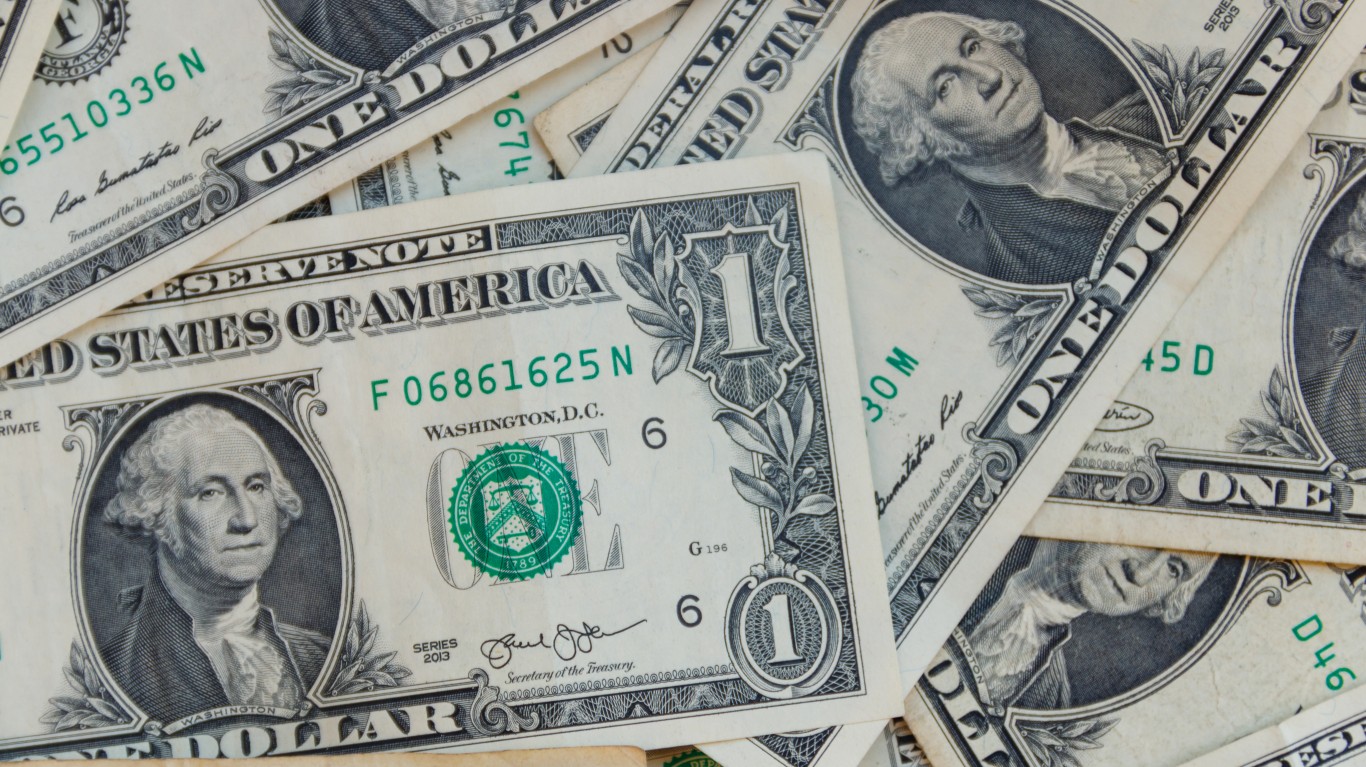Economy
Core PCE Drops to 4.1%, Lowest in Over Two Years, as US Inflation Cools

Published:

The Federal Reserve’s (Fed) preferred inflation gauge Core Personal Consumption Expenditures (PCE) Price Index fell to 4.1% in June 2023, marking the lowest reading in more than two years. The print underscored the continued decline in annual inflation rates, increasing the likelihood of a “soft landing” for the US economy.
PCE Price Index, another key metric used for measuring inflation, dropped to 3% annually in June from 3.8% a month earlier, according to the US Bureau of Economic Analysis. The print was also lower than economists’ estimates of 3.1%.
Core PCE Price Index, the Fed’s favored inflation gauge that disregards volatile food and energy costs, came in at 4.1% in June. This compares to the May reading of 4.6% and market expectations of 4.2%.
Month-over-month, both metrics rose 0.2%. In addition, the report showed that Personal Income and Personal Spending climbed 0.3% and 0.5%, respectively.
The PCE Price Index measures inflation by tracking the changes in prices of goods and services purchased by individuals and households. As the central bank’s primary mandate is to maintain price stability, closely monitoring the PCE Price Index helps the Fed assess the overall inflation rates and make better-informed decisions on monetary policy.
The latest PCE data comes two days after the Fed delivered another 25 basis points (bps) hike, raising interest rates to a 22-year high as the fight against inflation continues. The increase, the Fed’s 11th in its last 12 meetings, brought the benchmark overnight interest rate to the record-breaking range of 5.25% to 5.50%.
Fed chair Jerome Powell said the US central bank would continue to monitor further developments as it searches for a stopping point to its current monetary policy tightening cycle. While Powell left the door open for another interest rate hike at the bank’s next meeting in September, a continued decline in inflation and weaker economic data may also urge policymakers to slam on the brakes.
Cooling inflationary pressures and a potential end of the Fed’s tightening campaign have supported the narrative of the US soft landing – which would allow the country’s economy to avoid recession and shift to a more sustainable and stable level of growth.
This article originally appeared on The Tokenist
Start by taking a quick retirement quiz from SmartAsset that will match you with up to 3 financial advisors that serve your area and beyond in 5 minutes, or less.
Each advisor has been vetted by SmartAsset and is held to a fiduciary standard to act in your best interests.
Here’s how it works:
1. Answer SmartAsset advisor match quiz
2. Review your pre-screened matches at your leisure. Check out the advisors’ profiles.
3. Speak with advisors at no cost to you. Have an introductory call on the phone or introduction in person and choose whom to work with in the future
Get started right here.
Thank you for reading! Have some feedback for us?
Contact the 24/7 Wall St. editorial team.